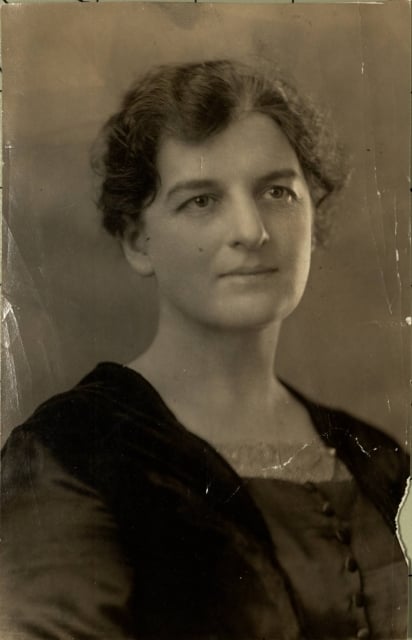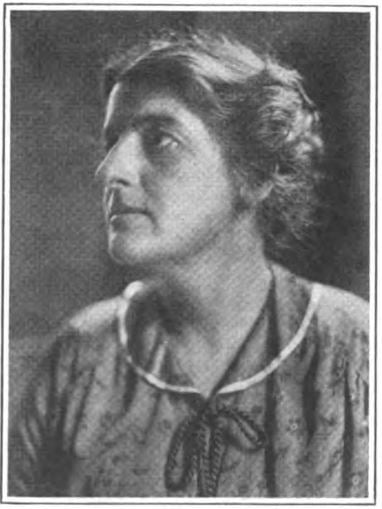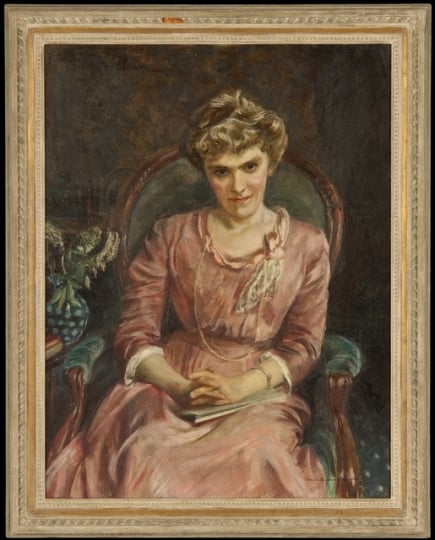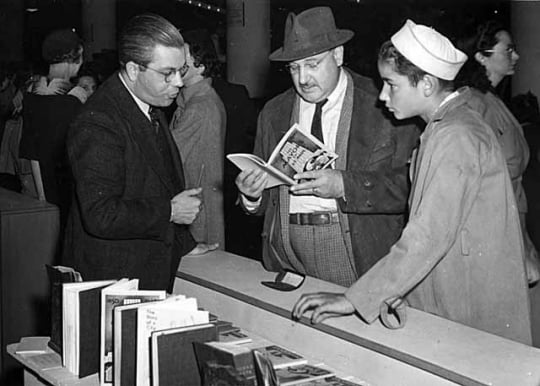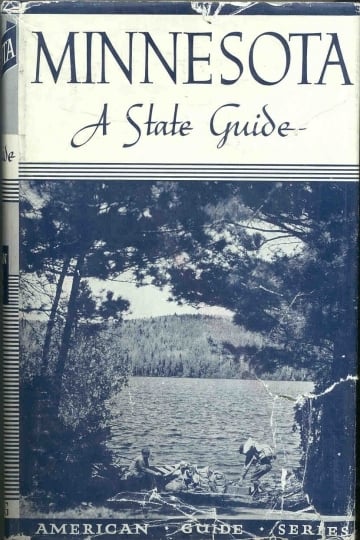Ulrich, Mabel S. (1876–1945)
Bibliography
Day, Dorothy. "Mabel Ulrich Sparked City's Cultural Growth." Minneapolis Morning Tribune, August 26, 1945.
“Dr. Mabel Ulrich Killed in Fall.” Minneapolis Morning Tribune, August 13, 1945.
“Ex-Duluthian Dies in Fall.” Duluth Herald, August 13, 1945.
Fernandez, W. G. Tinckom. “Y. W. C. A. Traveling Lecturer on Sex Hygiene.” Survey 32 (April 18, 1914): 76.
“Health Certificate Would Tend to Solve Problem of Marriage.” Independent–Record (Helena, MT), November 26, 1913.
Jensen, Robin E. Dirty Words: The Rhetoric of Public Sex Education, 1870–1924. University of Illinois Press, 2010.
“Kappa Kappa Gamma.” Cornellian 29 (1898): 148.
https://babel.hathitrust.org/cgi/pt?id=coo.31924055867216&seq=6
"Lecture for Girls of College." Normal College News, April 24, 1914.
https://commons.emich.edu/cgi/viewcontent.cgi?article=1349&context=student_news
Leonard, John William, ed. Woman’s Who’s Who of America, 1914–15. American Commonwealth Company: 1915.
https://babel.hathitrust.org/cgi/pt?id=wu.89080103955&seq=7
“M.D.’s of Johns Hopkins: Graduates to Get Diplomas Next Thursday Afternoon.” Baltimore Sun, June 8, 1901.
“Mabel Ulrich Gives Up Post.” Minneapolis Star, June 30, 1938.
“The Minneapolis Alderman and the ‘Irreconcilables.’” Journal-Lancet 41 (January 15, 1921): 48–49.
https://babel.hathitrust.org/cgi/pt?id=umn.31951002682320f&seq=54
“News Items.” Journal-Lancet 41 (December 1, 1921): 634–636.
https://babel.hathitrust.org/cgi/pt?id=umn.31951002682320f&seq=667
——— . “Salvaging Culture for the WPA.” Harper’s Monthly (May 1939): 653–664.
Ulrich, Mabel S. “Mothers of America.” American Social Hygiene Association, 1919. Box 170, Folder 9 of the Social Welfare History Archives, University of Minnesota Libraries.
http://purl.umn.edu/111745
Ulrich, Mabel S. “The Girl’s Part.” American Social Hygiene Association, 1919. Box 170, Folder 9 of the Social Welfare History Archives, University of Minnesota Libraries.
http://purl.umn.edu/111398
Chronology
1876
1897
1901
1901
On August 26, Ulrich marries Harry L. Ulrich.
1914
Ulrich begins lecturing nationally on the topic of sex education for the YWCA.
1918
Ulrich begins publishing sex education pamphlets for women and girls through the Minneapolis Board of Public Health.
1920
The Hennepin County Medical Society appoints Ulrich to the Minneapolis Board of Public Health.
1921
Ulrich is reappointed to the Board of Public Health.
1921
Ulrich opens her first bookstore, at 71 Twelfth Street in Minneapolis.
1924
Ulrich begins selling rare prints and pottery artifacts in her bookstore.
1935
Ulrich accepts a position with the Works Progress Administration (WPA), leading work on a state guide book for two years.
1938
Ulrich resigns from the Federal Writers Project.
1945
In August, Ulrich dies in a fall at Marine on St. Croix.
Bibliography
Day, Dorothy. "Mabel Ulrich Sparked City's Cultural Growth." Minneapolis Morning Tribune, August 26, 1945.
“Dr. Mabel Ulrich Killed in Fall.” Minneapolis Morning Tribune, August 13, 1945.
“Ex-Duluthian Dies in Fall.” Duluth Herald, August 13, 1945.
Fernandez, W. G. Tinckom. “Y. W. C. A. Traveling Lecturer on Sex Hygiene.” Survey 32 (April 18, 1914): 76.
“Health Certificate Would Tend to Solve Problem of Marriage.” Independent–Record (Helena, MT), November 26, 1913.
Jensen, Robin E. Dirty Words: The Rhetoric of Public Sex Education, 1870–1924. University of Illinois Press, 2010.
“Kappa Kappa Gamma.” Cornellian 29 (1898): 148.
https://babel.hathitrust.org/cgi/pt?id=coo.31924055867216&seq=6
"Lecture for Girls of College." Normal College News, April 24, 1914.
https://commons.emich.edu/cgi/viewcontent.cgi?article=1349&context=student_news
Leonard, John William, ed. Woman’s Who’s Who of America, 1914–15. American Commonwealth Company: 1915.
https://babel.hathitrust.org/cgi/pt?id=wu.89080103955&seq=7
“M.D.’s of Johns Hopkins: Graduates to Get Diplomas Next Thursday Afternoon.” Baltimore Sun, June 8, 1901.
“Mabel Ulrich Gives Up Post.” Minneapolis Star, June 30, 1938.
“The Minneapolis Alderman and the ‘Irreconcilables.’” Journal-Lancet 41 (January 15, 1921): 48–49.
https://babel.hathitrust.org/cgi/pt?id=umn.31951002682320f&seq=54
“News Items.” Journal-Lancet 41 (December 1, 1921): 634–636.
https://babel.hathitrust.org/cgi/pt?id=umn.31951002682320f&seq=667
——— . “Salvaging Culture for the WPA.” Harper’s Monthly (May 1939): 653–664.
Ulrich, Mabel S. “Mothers of America.” American Social Hygiene Association, 1919. Box 170, Folder 9 of the Social Welfare History Archives, University of Minnesota Libraries.
http://purl.umn.edu/111745
Ulrich, Mabel S. “The Girl’s Part.” American Social Hygiene Association, 1919. Box 170, Folder 9 of the Social Welfare History Archives, University of Minnesota Libraries.
http://purl.umn.edu/111398







